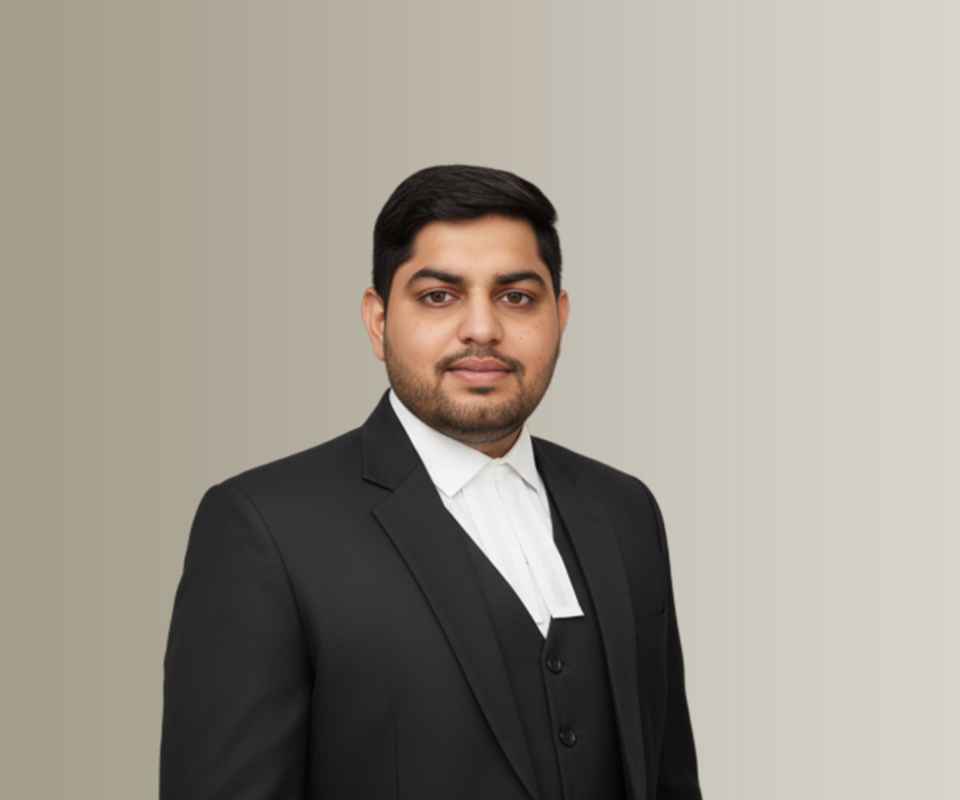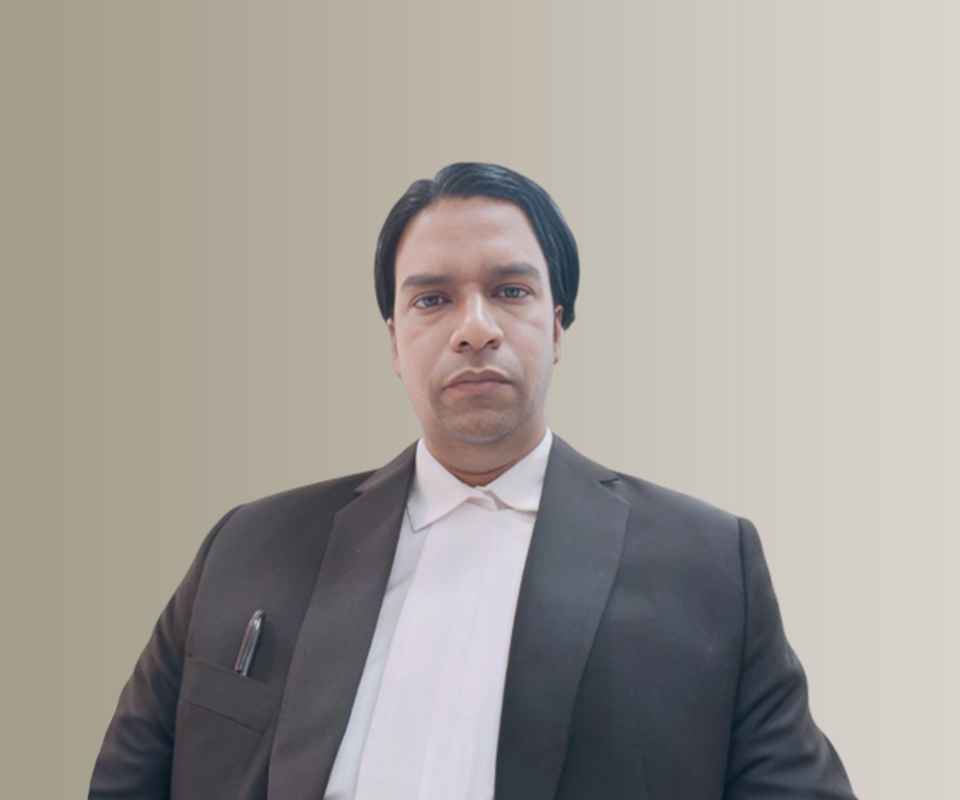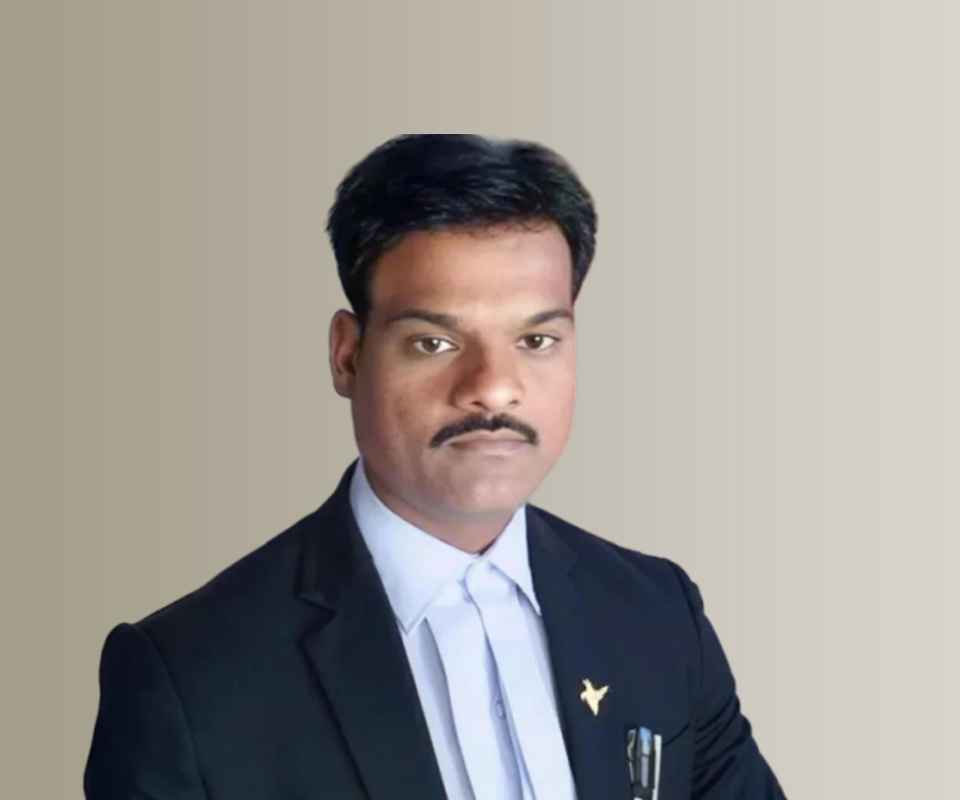Answer By law4u team
Constitution of India Article 118: Rules of Procedure
(1) Each House of Parliament may make rules for regulating, subject to the provisions of this Constitution, its procedure* and the conduct of its business.
(2) Until rules are made under clause (1), the rules of procedure and standing orders in force immediately before the commencement of this Constitution with respect to the Legislature of the Dominion of India shall have effect in relation to Parliament subject to such modifications and adaptations as may be made therein by the Chairman of the Council of States or the Speaker of the House of the People, as the case may be.
(3) The President, after consultation with the Chairman of the Council of States and the Speaker of the House of the People, may make rules as to the procedure with respect to joint sittings of, and communications between, the two Houses.
(4) At a joint sitting of the two Houses the Speaker of the House of the People, or in his absence such person as may be determined by rules of procedure made under clause (3), shall preside.
Note
The brackets and words (including the quorum to constitute a meeting of the House ins. by the Constitution (Forty-second Amendment) Act, 1976, s. 22 (date not notified). This amendment was omitted by the Constitution (Forty-fourth Amendment) Act, 1978, s. 45 (w.e.f. 20-6-1979).
Brief Detail
Article 118 empowers each House of Parliament to create its own rules of procedure, provided they align with the Constitution. It also ensures that until these rules are established, the existing rules from the time of the Dominion of India apply, with adaptations. The article further provides the President with the authority to establish procedural rules for joint sittings of both Houses of Parliament, with the Speaker of the House of the People presiding over such sittings unless otherwise specified.
Question & Answers
What does Article 118 allow each House of Parliament to do?
Article 118 allows each House of Parliament to create its own rules for regulating its procedure and conducting its business, as long as they comply with the Constitution.
What happens if the rules are not yet made?
If the rules are not made, the existing rules of procedure from the time of the Dominion of India will apply, with modifications by the Chairman of the Council of States or the Speaker of the House of the People.
Who presides over joint sittings of both Houses?
The Speaker of the House of the People presides over joint sittings of both Houses. If the Speaker is absent, the rules of procedure will determine who presides.
Example
For example, when Parliament convenes for a joint sitting to discuss a Bill, the Speaker of the House of the People will preside over the proceedings. If the Speaker is unavailable, the procedure will specify an alternative presiding officer. Additionally, the President may introduce rules for the conduct of such sittings and communication between the two Houses.
Summary
Article 118 ensures that each House of Parliament has the autonomy to establish its own rules of procedure while maintaining the consistency of the Constitution. It also provides a clear framework for handling joint sittings and inter-House communications, with the Speaker of the House of the People presiding unless otherwise specified.







